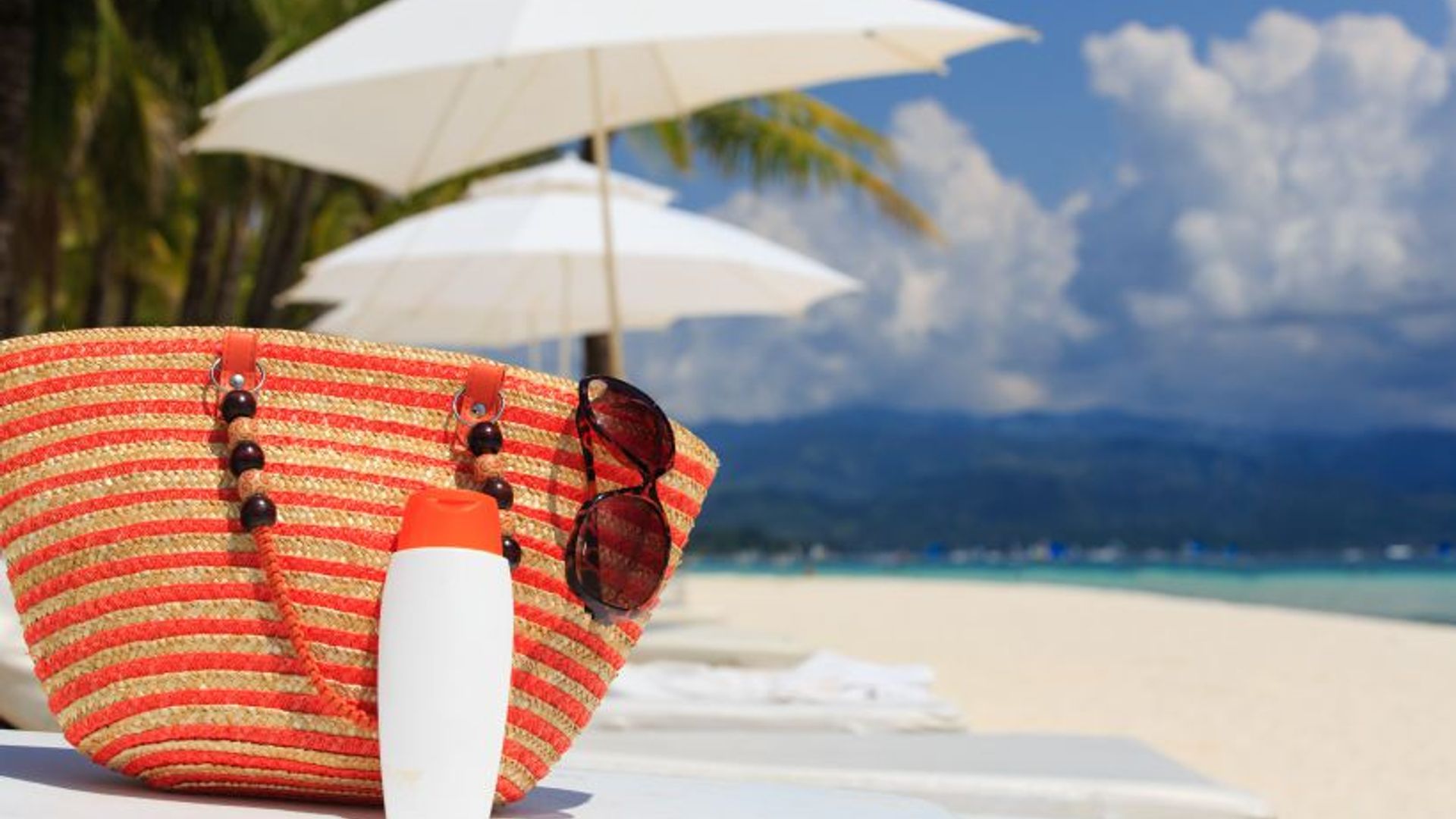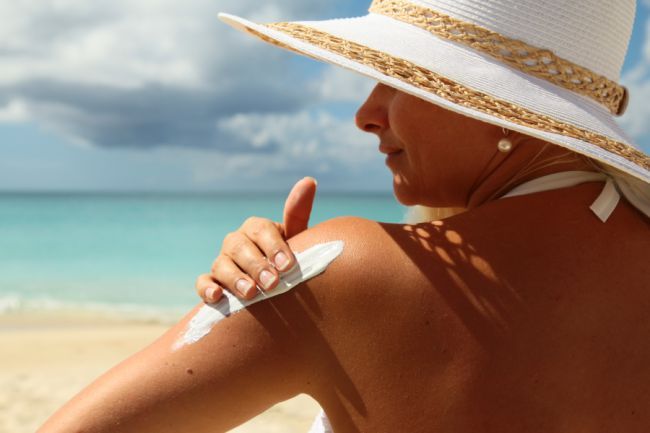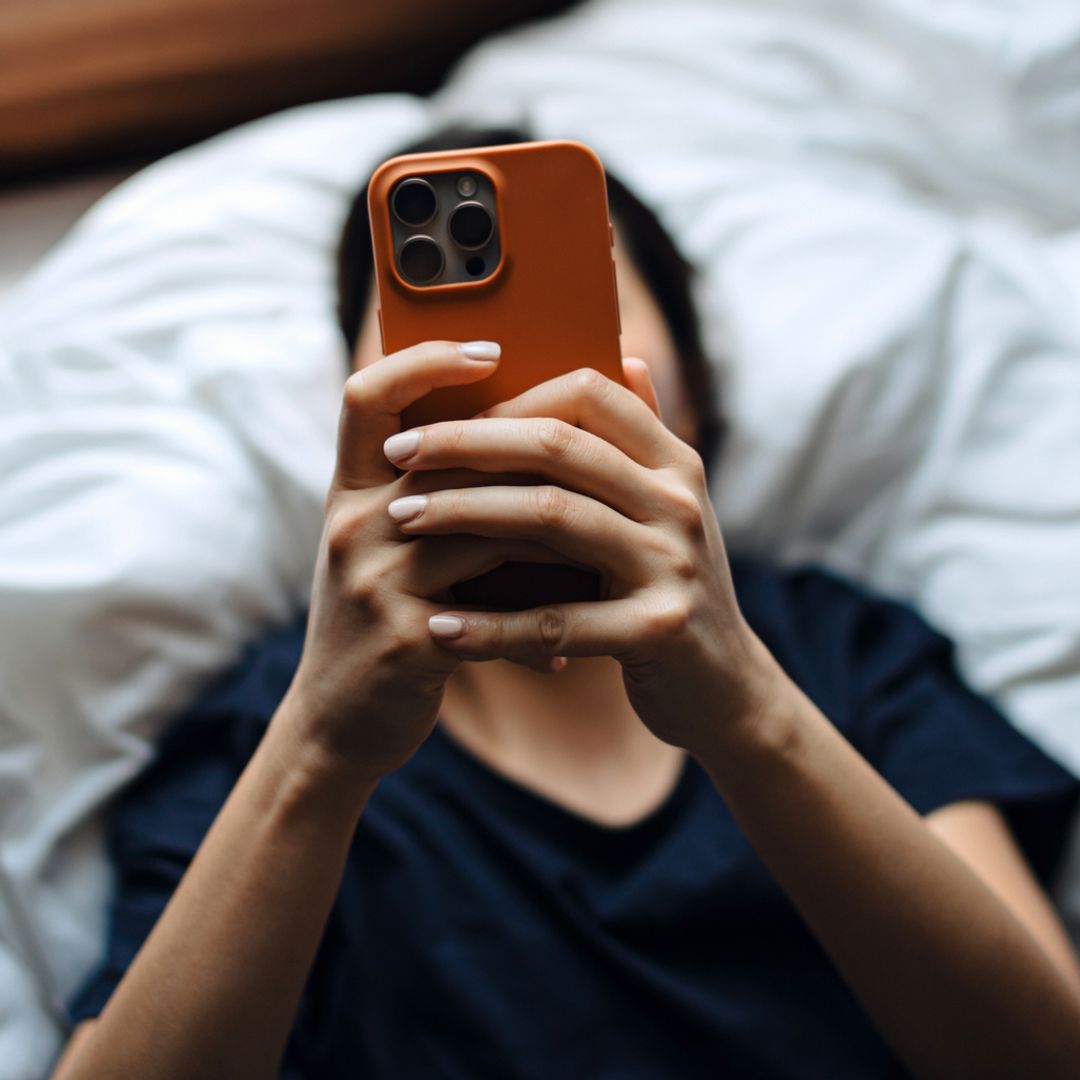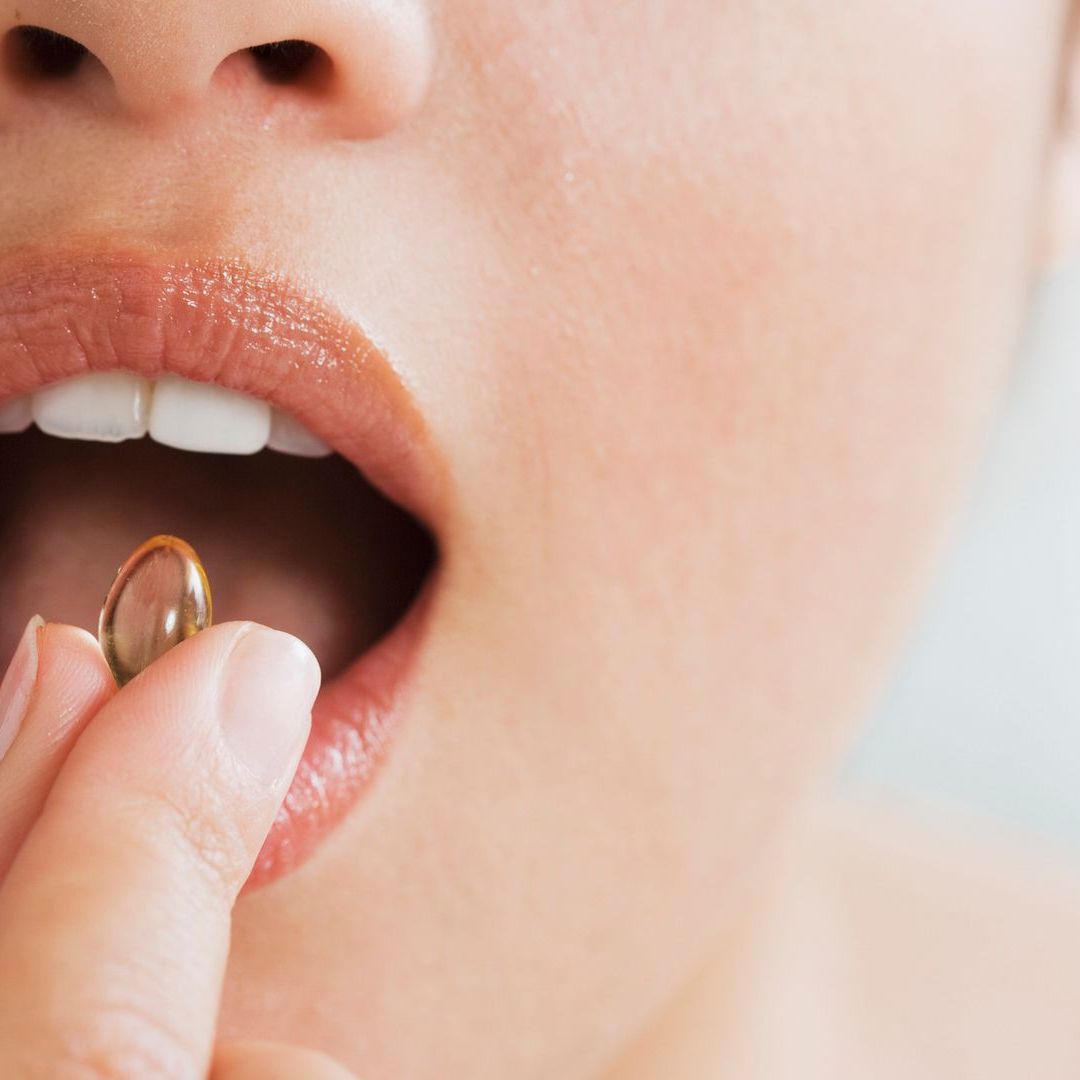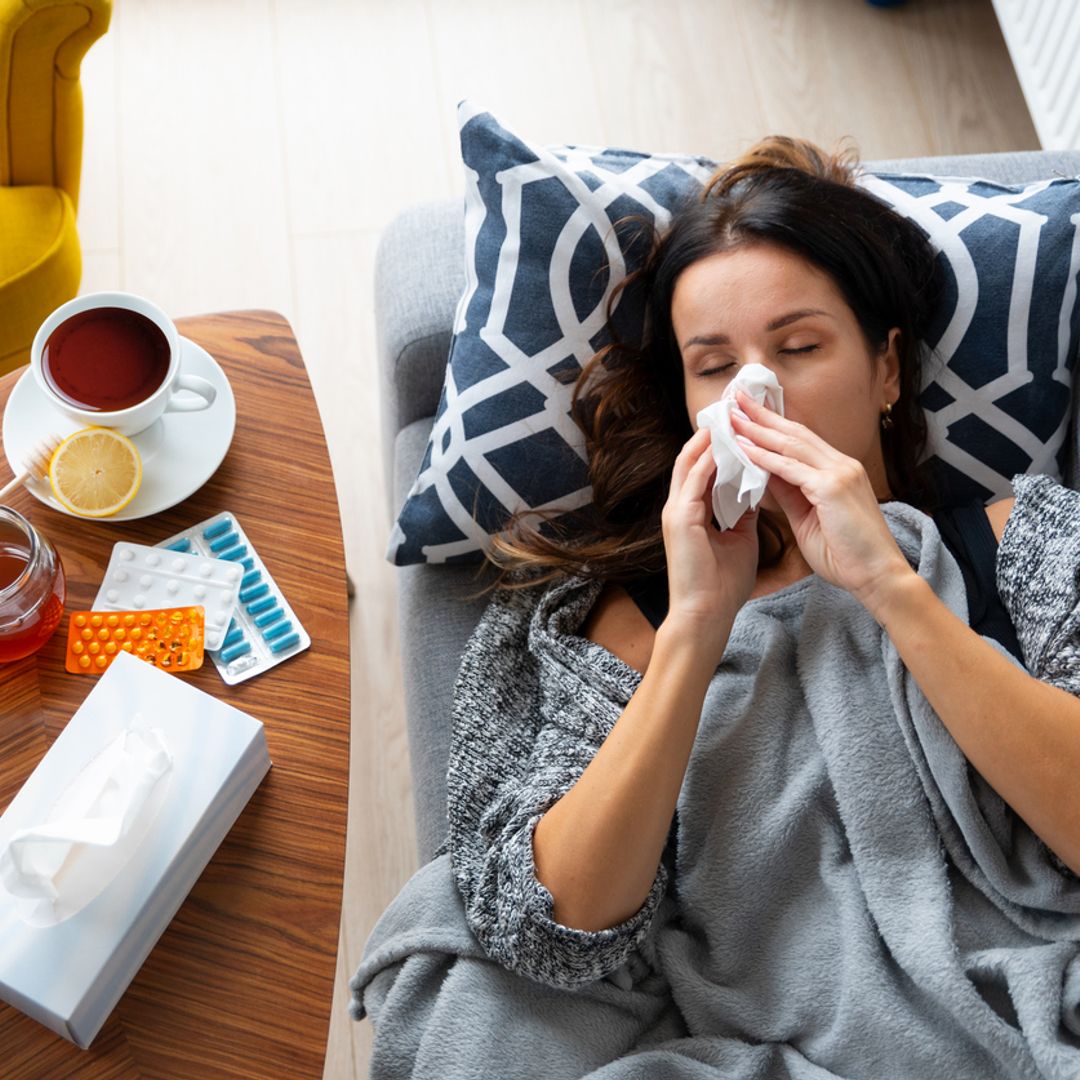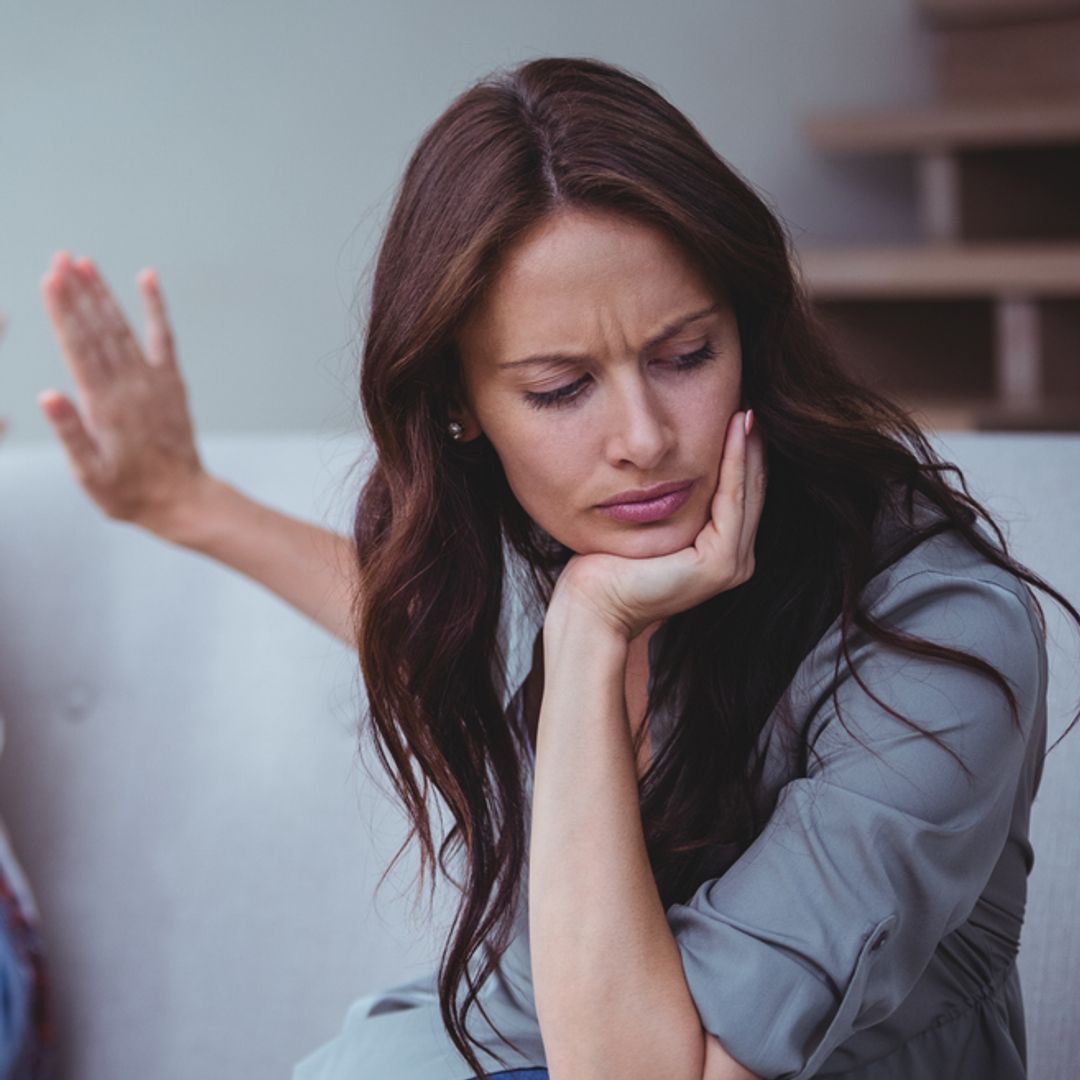The countdown is on to summer and its associated sunny days, holidays and more time spent outdoors. But millions of Brits are risking getting sunburnt or possibly even leaving themselves at risk of developing skin cancer due to not applying adequate - or even any - sun cream before heading outside. A survey carried out by the British Association of Dermatologists to mark Sun Awareness Week (8-14 May) has found that more than one in three (35%) Brits have been sunburnt in the last year while in the UK, while 46 per cent admitted to getting burnt during a trip abroad.
Get sun savvy and learn more about staying protected from the sun's damaging rays with this expert advice from LloydsPharmacy Pharmacist, Anshu Bhimbat.
STORY: 5 ways to stay in shape on holiday
How much sun cream should I apply?
If you don't use enough sun lotion you can be at risk of burning, but equally, applying the sunscreen to the same area twice won’t double the protection. Make sure you use an amount equivalent to the size of a golf ball (or six teaspoons) to cover your entire body. A 200ml bottle has enough for around six adult applications so try and use accordingly.
Which sun protection is right for me?
With so many products on the shelf, picking the right one can feel a bit overwhelming. We all know about the potential damage that can be caused by not protecting your skin adequately, but different skin types have different needs. LloydsPharmacy is here to help you pick the right sun protection for your needs.
- Very pale skin, freckles, blue eyes and blonde or red hair - requires SPF 50+
- Fair skin, blonde or red hair and blue, green or hazel eyes - requires SPF 50 or SPF 30
- Fair to medium skin and skin that tans quite well but sometimes burns - SPF 30
- Olive or Mediterranean skin, brown or dark brown hair and brown eyes - SPF 30 or minimum SPF 15
- Naturally brown skin, brown or dark hair and brown eyes - SPF 15
- Very dark skin, black hair, dark brown eyes - SPF 15
How should I protect my child from sunburn?
Children's skin is more delicate and sensitive to UV damage, so try to prevent sunburn. To protect your child's skin, we recommend using an SPF 50 or more, and never below SPF 30. If your little one is in and out of the pool, make sure to reapply after each towel dry, while many sun lotions are water resistant they are not friction resistant and can rub off when drying.
Why doesn't lying under a sun umbrella protect your skin?
Although being under a sun umbrella is better for your skin than being directly in the sun, it won't completely protect you from damaging UV rays. Whilst spending time in the shade will keep you out of reach of UV-A rays, UV-B rays can reach the skin indirectly so you may still be at risk. To avoid UBV-B rays, you need to find a shaded area where you are unable to see the sky so none of these harmful rays can penetrate, or opt for sun care with UV-B protection.
Anshu's top tips for safe sun protection:
- If you have a history of sun damage or skin cancer, always wear the highest sun protection factor and seek shade where possible.
- Apply half an hour before going outside, and again shortly after to ensure the sunscreen is fully absorbed.
- Use an amount equivalent to the size of a golf ball or 6 teaspoons to cover your entire body.
- Reapply sun cream a minimum of every two hours.
- Dehydrated skin is more prone to sun damage, so drink plenty of water.
- Water-resistant sunscreens are not friction-resistant, so reapply after towel drying or sweating.
See all of the latest health features here.
